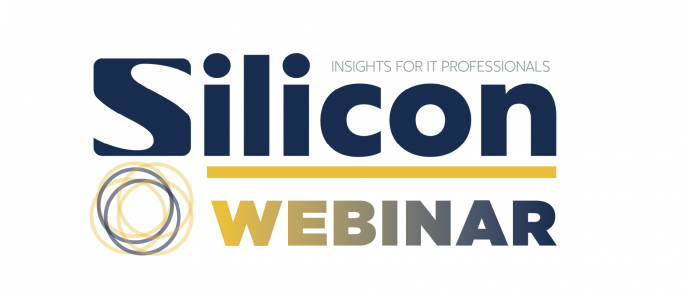Reducing Complexity: Next-Generation Entity Management

As the compliance environment continues to expand, enterprises must have systems in place to identify and manage their entities to deliver maximum productivity across their organisations.
Entity data can be at rest, in motion and always in a state of change. Deploying an entity management solution enables businesses to reduce potential risks and costs associated with entities. It also delivers an essential process component to leverage entities when needed across the business landscape.
Shifting entity management to hosted services frees the entity data to be collated and analysed at will to meet any given need. Once in place, the entity management system allows resources to be re-directed, freeing the business to innovate at speed.
And the support of external stakeholders can’t be overstated, as entity management in this scenario can be a significant drain on resources. As reporting and compliance become more complex, entity management also becomes a critical business service.
Rationalising entity management is proven as a cost saver and enhances a business’s ability to utilise entity data. When clear lineage can be obtained, analysis and reporting are efficiently created, and operational efficiency follows.
Entity Management
The shifting environments that businesses trade within also significantly impact entity management. Current geopolitical, industrial, and environmental events can all impact entities across an enterprise.
Another critical aspect of entity management is the shifting M&A landscape. Indeed, valuations are down 20%. The key to higher returns is maintaining clean records to close M&A deals faster while reducing the risk of heightened scrutiny or devaluation due to inaccurate records needed for successful M&A activity.
There are often several challenges facing businesses with their entity management: There usually needs to be more trust in the available data. In addition, as regulations expand, there are growing concerns that companies will only be able to comply with some relevant regulations.
The quality of the available data is often questioned, with access issues compounding the problem. And a lack of standard processes – which often are still manual – opens businesses to potential fines, reputational damage, operational inefficiencies, a stifling of growth and high employee churn.
Entity management is also multifaceted and can include several components that generally make up the governance of a business. These can include risk management, audits and analytics, compliance, ethics and ESG. However, all these components have one thing in common: they generate data.
The challenging business landscape
The data businesses contain that entity management is based upon must be accurate and secure. Data must be stored to become a repository and a single source of truth about the company.
Data must be managed to maintain accuracy with ongoing relevance based on compliance calendars to ensure data validation and operational efficiency. Data must be accessible with the correct information to the right people inside and outside an organisation. And data must be reported to support governance and compliance requirements.
Moving to a purpose-built entity management system is vital for even smaller enterprises as there is a clear trend within the small business community who increasingly needing to pay closer attention to their entity management as regulatory, environmental, and diversity issues impact their businesses.
The foundation on which all entity management systems are built is trust. The data being used must be trusted by everyone with access, as without trust, anyone using the information for M&A, for example, will not be confident that the data they have is accurate and a single source of truth. Using an entity management solution resolves this issue, as the platform enables data to be validated and trusted by its users.
Users are also an essential aspect of entity management. Businesses that deploy an entity management solution must be fully trained. But education and training are just one aspect. The most successful companies also create a culture within their enterprises that clearly illustrates an investment is being made to bring their people along, which ultimately results in higher ROI with the entity management system chosen.
Entity Management
Diligent commissioned Forrester Consulting to conduct a Total Economic Impact study and examine the potential return on investment enterprises may realise by deploying Diligent Entities. This study aimed to provide readers with a framework to evaluate the potential financial impact of Diligent Entities on their organisations.
The results confirmed that adopting the Diligent entity management solution has transformational impacts with 65% to 75% time savings when reporting the entity’s information to external stakeholders.
More than 85% time savings in addressing entity-related requests from internal stakeholders and business units. Better decision-making from having all entity-related information centralised in one platform. And Risk reduction in the entity management environment with a potential impact on brand value and top-line growth.
“What Diligent Entities allows us to do is to have a single corporate record [to] confidently build a system and process,” said a Global head of legal entity management and compliance, financial services. “This results in internal areas throughout the organisation to confidently consume legal entity data for filing, business decisions, or other operational and risk purposes.”
Using manual systems for entity management is no longer a practical option, even for smaller businesses. As digital transformation continues, the regulatory environment expands, and operational efficiency continues to impact costs, deploying entity management solutions is now a critical component of all agile businesses.